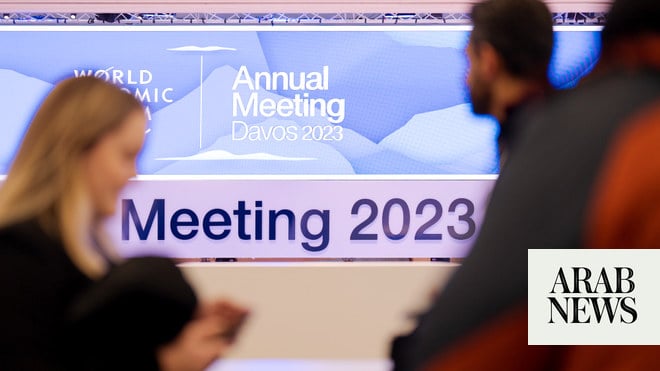
n geopolitics and in business there are no friends, only interests. Every country or business is looking out for itself and protecting its own interests.
Russia is an extreme example of this. In the last decade — and particularly in the last couple of years — Russia has established itself as an influential force in the Middle East, often playing friend and foe to the same country. Most major powers in the region have found Russia to be both an ally and an opposition at the same time.
Russia has been one of Iran’s only allies in the last few years, but Russia also contributed to the greatest threat to the Iranian regime. As Reuters reported last year, the relationship between Russia and Iran was “greatly strengthened by both sides’ involvement on the same side of the war in Syria.” Iran has bought weapons from Russia in recent years, including the S-300 missile defense system. After the Joint Comprehensive Plan of Action was settled in 2015, and before international sanctions against Iran were even lifted, Iranian Maj. Gen. Qassem Soleimani’s first trip was to Moscow to coordinate with its apparent ally.
With the value of the Iranian riyal plummeting and the Iranian economy faltering, the Iranian regime needed higher oil prices. Russia, along with OPEC, said no.
Ellen R. Wald
Yet, Russia looks out for itself. Last week, Iran was dreading an OPEC decision to increase oil production. An increase in oil production quotas would lower prices, while Iran desperately needs high prices until the new US sanctions come into play in less than five months. On Friday, at the meeting in Vienna, the OPEC oil ministers did not settle on an increased production number, though they hinted that production would increase. Oil prices rose, and Iranian oil minister Bijan Zanganeh sat for a face-saving interview with Bloomberg. Then he promptly returned to Tehran. The next day, OPEC and Russia agreed to a significant oil production increase — exactly what Iran did not want. With the value of the Iranian riyal plummeting and the Iranian economy faltering, the Iranian regime needed higher oil prices. Russia, along with OPEC, said no.
Russia has essentially the opposite relationship with Saudi Arabia. The two countries are well aligned when it comes to their business interests. Saudi oil minister Khalid Al-Falih and his Russian counterpart Alexander Novak are often seen together, touring each other’s oil facilities or meeting to discuss the future of oil and gas. The two countries are making investments in each other’s oil and gas assets and closely coordinating production policy. Over the last year-and-a-half, Saudi Arabia and Russia have together managed to influence the oil market by maintaining enough unity in a coalition of OPEC and non-OPEC oil producers.
When it comes to geopolitics, however, Russia and Saudi Arabia are not on the same side. Moscow has helped supply Iran’s military, while Riyadh has opposed the Iranian regime. Russia has also provided soldiers, weapons and aircraft to bolster Syrian President Bashar Assad. In fact, Russia is Assad’s biggest backer and a major reason he is still in power, while Saudi Arabia opposes Assad’s regime and his attacks on Syrian citizens during the seven-year civil war.
Though Russia has supported the Assad regime militarily and also appears to support Iran’s military, it has recently given a green light for an enemy of both Syria and Iran to attack a major terrorist asset of those two countries. Over the last year, Israeli Prime Minister Benjamin Netanyahu and his top deputies have been meeting regularly with their Russian counterparts. Moscow may be protecting Assad with its own military, but this spring it also allowed Israel to strategically bomb certain military bases in Syria used by the Iranian military.
Meanwhile, Russia does not support Israel publicly on the international stage. It does not vote in Israel’s favor at the UN. When the US withdrew last week from the UN Human Rights Council to support Israel, Russia immediately sought to take its place. Russia is clearly not an ally of Israel, but at times it supports Israel’s decisions.
The best example of Russia’s opportunistic behavior in the Middle East is its relationship with Turkey. The relationship between the two countries hit its nadir in modern times in November 2015, when Turkey shot down a Russian fighter jet operating in Syria. But, since then, the two countries have been building an alliance. Turkish President Recep Tayyip Erdogan is a burgeoning strongman who just this week won re-election. He seeks the support of powerful allies like Russia. And Moscow also needs Turkey, because it controls the only exit from the Black Sea to the Mediterranean. To access the Mediterranean, Russian ships must pass through the Bosporus and the Dardanelles, two extremely narrow waterways with Turkey on each side. So Russia acts friendly towards Turkey.
But Russia is not an ally of Turkey, Iran or Syria. Yet it will use its influence throughout the Middle East to obtain whatever advantage it can.
Ellen R. Wald, Ph.D. is a historian and author of “Saudi, Inc.” She is the president of Transversal Consulting and also teaches Middle East history and policy at Jacksonville University. Twitter: @EnergzdEconomy
Disclaimer: Views expressed by writers in this section are their own and do not necessarily reflect Arab News" point-of-view












